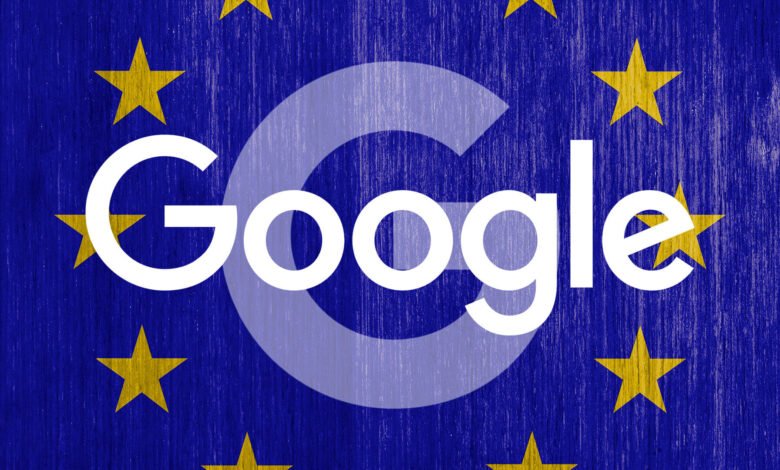EU Slaps Google With $3.5B Fine for Antitrust Ad Practices

▼ Summary
– The European Commission fined Google 2.95 billion euros for anti-competitive practices in its ad-tech business.
– Google was accused of unfairly favoring its own display advertising services and ordered to end these practices.
– EU competition chief Teresa Ribera stated that Google abused its dominant position, violating EU antitrust rules.
– Google plans to appeal the decision, calling the fine unjustified and claiming it will harm European businesses.
– The outcome regarding potential business changes or impacts on advertisers remains uncertain.
The European Union has imposed a €2.95 billion fine on Google for antitrust violations related to its advertising technology practices. This decision marks one of the most significant regulatory actions against the tech giant in recent years, focusing on allegations that Google unfairly favored its own advertising services over competitors. The ruling underscores ongoing global scrutiny of major digital platforms and their market dominance.
According to the European Commission, Google abused its powerful position in the online advertising market, harming publishers, advertisers, and ultimately consumers. EU competition chief Teresa Ribera stated that such behavior violates EU antitrust regulations. The Commission has ordered Google to halt these self-preferencing tactics and address inherent conflicts of interest within its ad-tech operations. The company has been given 60 days to propose solutions.
This penalty follows a 2018 case in which European regulators first raised concerns about Google’s compliance with competition law. At that time, officials even suggested that a mandatory divestment of parts of Google’s business might be necessary to restore fair competition.
Google has strongly opposed the ruling, announcing its intention to appeal. Lee-Anne Mulholland, Google’s global head of regulatory affairs, criticized the fine as unjustified and warned that mandated changes could negatively impact countless European businesses by reducing their revenue opportunities.
A major question now is whether this decision will lead to structural changes within Google’s advertising division or influence how digital advertising operates more broadly. Past antitrust rulings, including those in the United States, have often resulted in limited visible action, leaving many observers skeptical about whether meaningful reform will follow. The outcome of this case could set an important precedent for how regulators worldwide approach Big Tech’s growing influence.
(Source: Search Engine Land)





